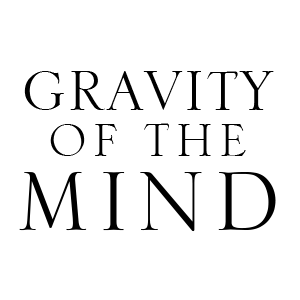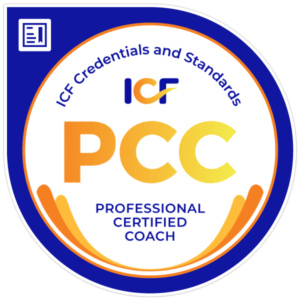DISARMING A NARCISSIST THROUGH YOUR BEING
Both the challenge and joy of working as a coach is in the ongoing journey of deepening my learning of models and theories for understanding human behaviour and navigating life as thinking, feeling creatures.
A current client is concerned that a significant person in their life has traits of narcissism.
In my client’s world, the best course of action would be for this person to concede they are indeed narcissistic and to seek professional help from a clinical psychologist or psychotherapist. This may or may not happen and my focus is on supporting my client, in the first instance, to:
- Identity the dominant triggering behaviours and circumstances.
- Navigate and explore their own inner world to identify what is activated within them as a result of their relationship.
- Support them to access their secure and mature adult state in communicating and engaging with this person.
I’ve been further my understanding through the book ‘Disarming the Narcissist’ by Wendy T. Behary. The book’s foundation is schema therapy and utilises the 18 early maladaptive schemas identified by Jeffrey Young (e.g., abandonment, emotional deprivation, self-sacrifice, approval seeking). These schemas shape how we think, feel and behave, and in this context how our own schemas interact with those of the narcissist, much of which is either happening outside of our conscious awareness or feels beyond our control.
Taking a step back, what I notice is that no matter what the psychological theory is, a fundamental challenge that we all face as human beings is to live from a healthy and whole state of being moment to moment. Schema, like other theories, offer a vocabulary for understanding how early childhood experiences can fundamentally shape how we show up as adults.
The goal? To be un-triggerable (a subset of which is to be un-f$£k with able).
Laudable, but not realistic?
I recently read that 80% of our moment-to-moment reactions to life are automatic and habitual. In times of stress that notional figure probably increases for most people (notice what happens when we are emotionally hijacked).
But when we are fully present and embodying a fully felt sense of autonomy and agency, perhaps that figure reduces significantly – responding to what is as resourcefully as we possibly can, free of expectation and self-damaging reactivity.
For me, that is the ongoing goal, to live mindfully, present to what is, aware of how our past can act as a distorting filter, whilst being conscious of how our state of mind in the moment is shaping our experience and capacity to respond in a healthy way that honours and protects our needs, rights and in extreme situations, our physical and emotional safety.
From this self-aware place, perhaps we give ourselves the best chance for navigating and disarming narcissistic or other controlling, manipulative or maladaptive behaviours from those around us, whether it’s a partner, family member, boss, colleague or friend. Not easy, and sometimes traumatising, but as ever, an opportunity for growth.

